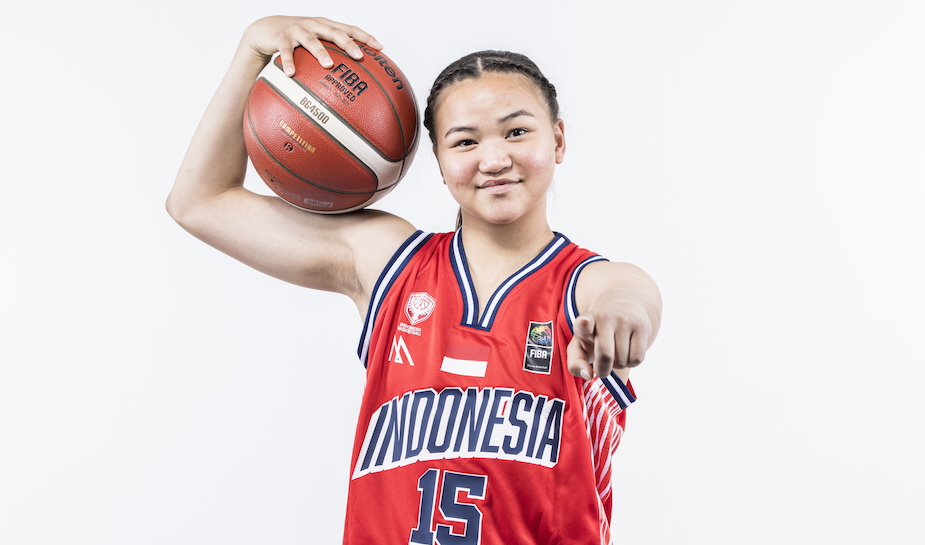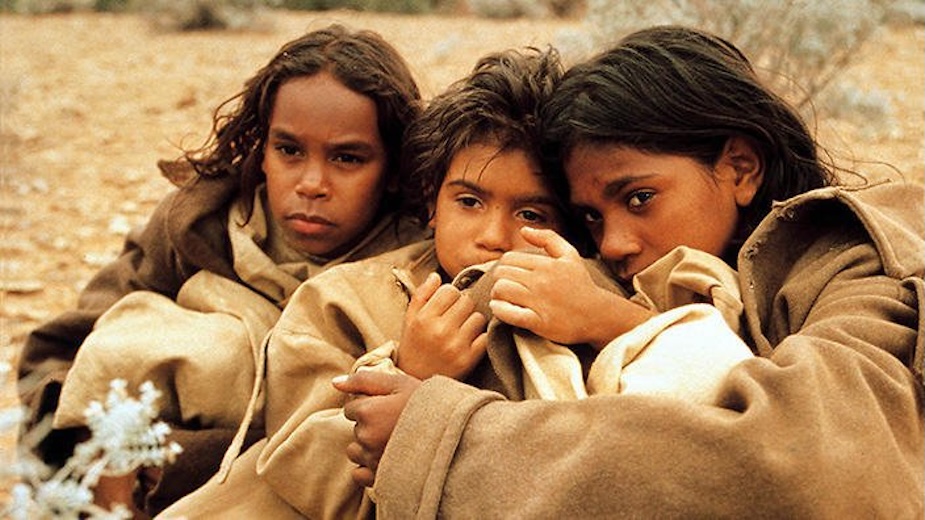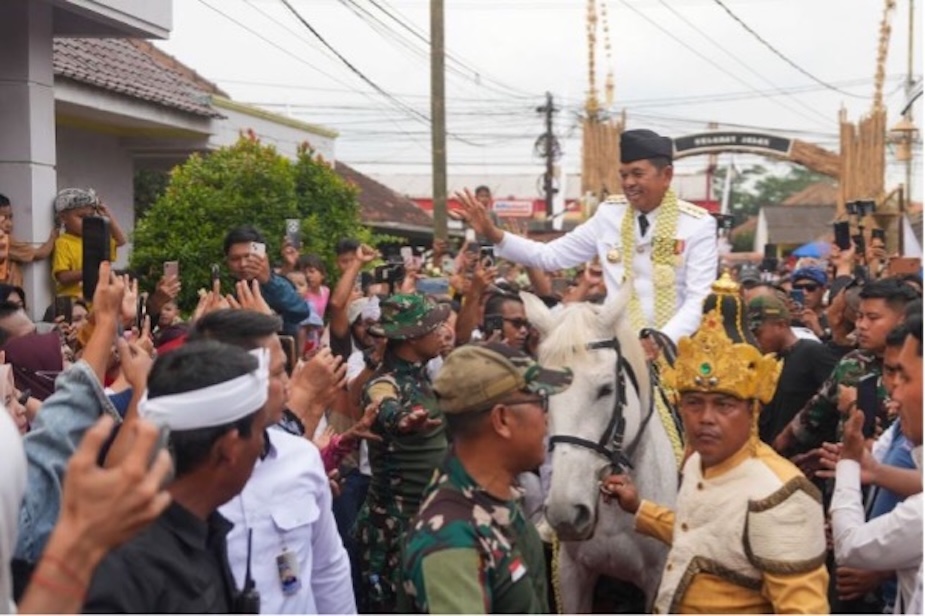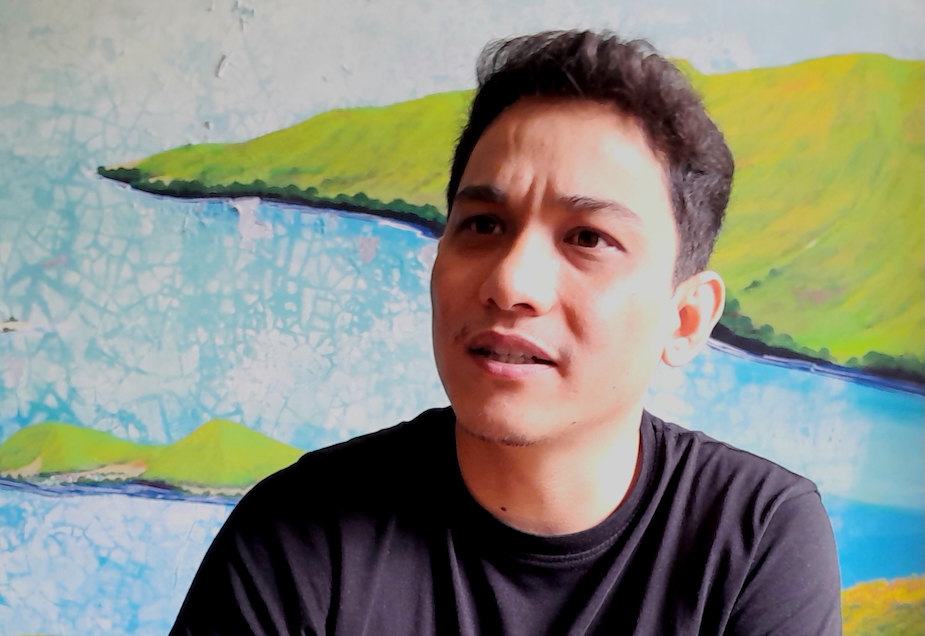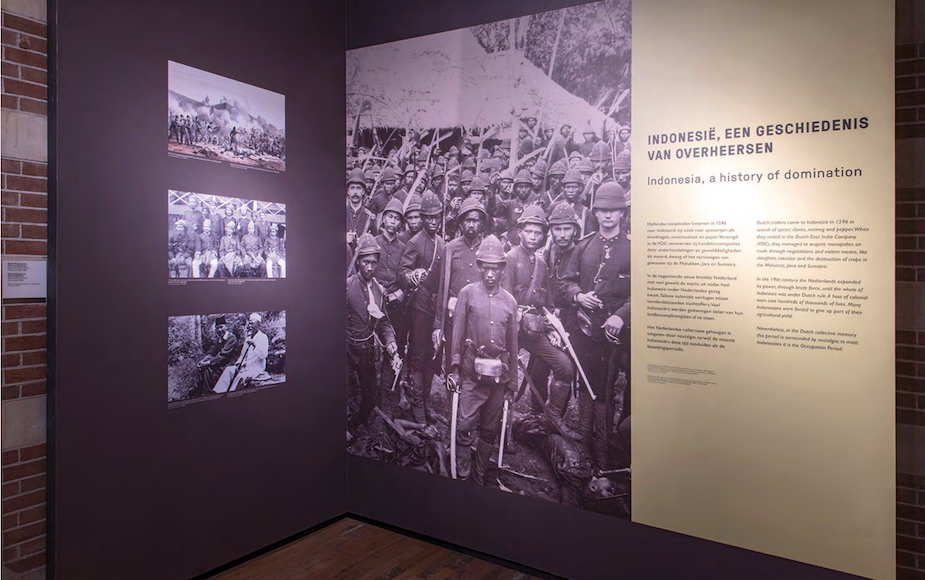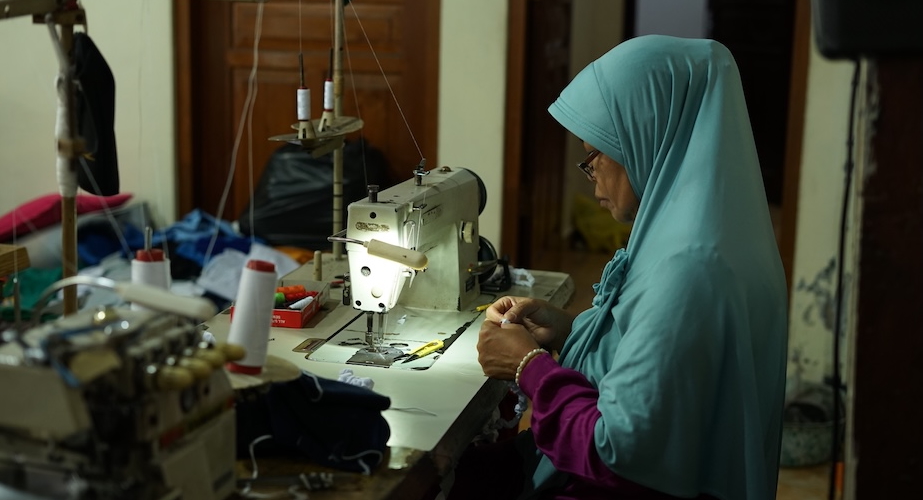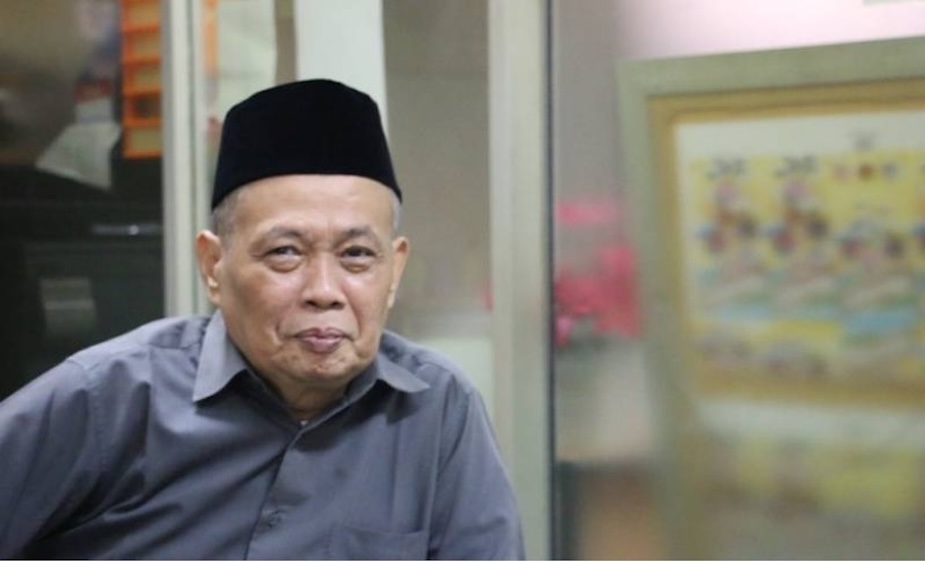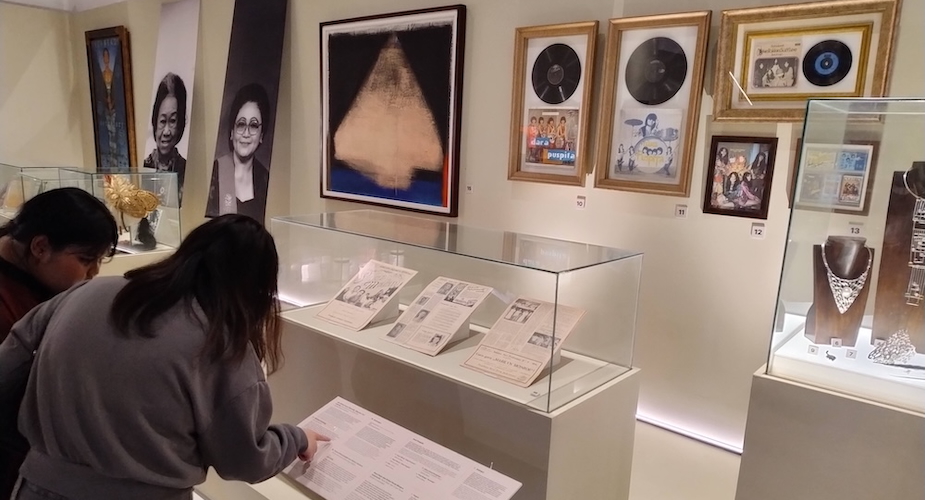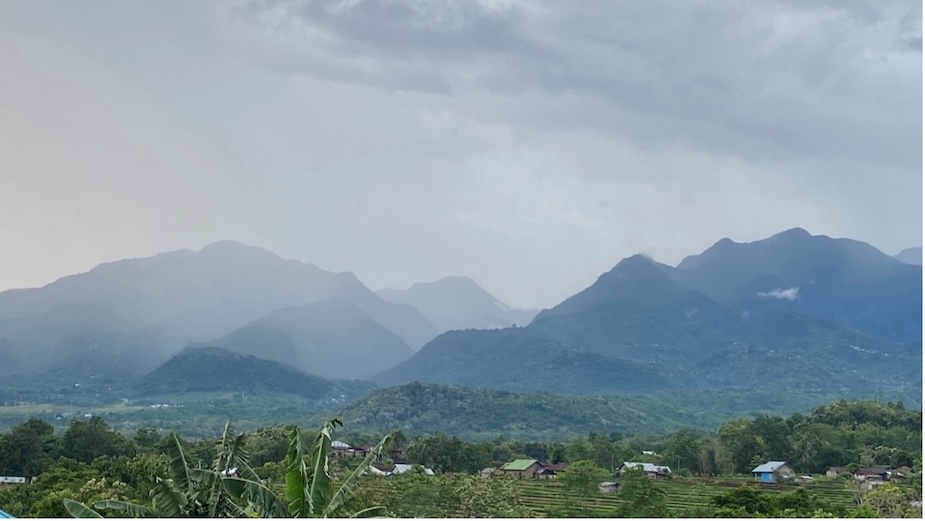Maxine Sutisna is not yet a household name in Indonesia, but she soon could be.
Lulu Fakhriyah
In 2024 18-year-old Jakarta native, Maxine Sutisna made history by becoming the first female basketballer from Indonesia to be selected to play in the United States National Collegiate Athletic Association (NCAA) Division I. Offered scholarships to three top Division I schools, the member of the U18 Indonesian National team eventually committed to California State University, Fullerton, for whom she will compete in the 2025-2026 season.
Maxine is a trailblazer in women’s basketball in Indonesia, and her story will most certainly inspire girls and boys alike, but a lack of infrastructure and support for the sport in Indonesia is limiting the potential for more players to follow her to the big leagues. At a moment when women’s basketball is growing around the world, Indonesian women are at risk of missing out.
The Caitlin Clark effect
Last year marked an historic moment for women's basketball. Data from Nielsen Media Research (NMR) showed that 18.9 million viewers watched the NCAA Women’s Basketball National Championship game between Iowa and South Carolina. It peaked at 24.1 million. It was the last collegiate game of the basketball supernova and TIME magazine’s 2024 Athlete of the Year, Caitlin Clark. It became the most watched basketball game (men and women) at any level. At the professional level, the world is now entering the new era of women’s basketball.
The 2025 Women’s National Basketball Association is approaching the playoff season. Last year, the league set an all-time record, attracting 54 million unique viewers across different TV networks. There were 34 international players from 20 countries featured in the opening-night games. But why is it important for Indonesia to not miss this pivotal moment and be part of the unprecedented growth of women’s basketball?
Limited opportunity
The recent history of Indonesia’s national women’s basketball competition is characterised by disruption. From 2001 to 2009 the national women’s professional league was the Indonesian Women’s Basketball Competition (Kobanita). After funding challenges, the league continued until 2011, changing its name to Women’s National Basketball League Indonesia (WNBL Indonesia). The WNBL Indonesia lasted until the 2014-2015 season before it morphed into Indonesian Women’s Basketball League (WIBL) in 2016. In the following year the league became the Srikandi Cup, which in turn lasted just two years. For the past six years there has been no national professional league for women’s basketball, although there are still regional competitions such as Women's Basketball League (Liga Bola Basket Putri), for women’s basketball clubs in Jakarta, run by the Indonesian Basketball Association in Jakarta (PERBASI Jakarta).
Unlike the current euphoria around women’s basketball in the United States, there is little interest from Indonesia’s government in investing in women’s basketball here. Why this is the case, remains the key question, especially given the fact that Indonesia does not lack talent, and recent signs indicate that, with the right support, the sport is poised for transformation and growth.
A winning formula
In 2023, after 46 years, the Indonesian women’s basketball team won their first gold medal in the Southeast Asia Games (SEA Games) defeating Singapore in the final and completing a clean sweep of the series. The team also competed in the Division A for FIBA Asia Cup 2025. Together with this success, Maxine Sutisna’s selection into the NCAA system is another clear sign that Indonesian women’s basketball is fostering world class talent.
Being accepted to a NCAA Division I school in the USA is extremely difficult. Maxine is now part of the 0.1 per cent of the elite basketball community. She will start her NCAA career with Cal State Fullerton Women’s Basketball in the 2025-2026 season, and her timing couldn’t be better for Indonesia to start paying attention to the evolution of the sport. During the recent WNBA All-Star, she was one out of two players from Indonesia invited to participate in the training camp held by Basketball Without Borders, the NBA and FIBA’s global basketball development and community outreach program. Maxine spent a few days with players from various countries coached by Allison Feaster, former WNBA player and the Vice- President of Team Operations and Organisational Growth for the NBA’s Boston Celtics.
Currently, there is only one Indonesian-born male player and now one Indonesian-born female playing in the NCAA Division I schools. Maxine hopes someday to play professionally for the Golden State Valkyries and serve as a role model for future generations of Indonesians.
We need to acknowledge more female talent
Maxine is the first to point out that Indonesia’s current senior Women National Team is full of talent, with skills that are well suited to play in the USA. Unfortunately, they lack the opportunities, resources, and the support to get there. Maxine was privileged to be sponsored to go to a training camp in Las Vegas, where her skills and performance caught the attention of a number of high schools. Due to that exposure, ten schools sent her offers, from which she eventually chose the Archbishop Riordan High School in San Francisco. From there, she was spotted by talent scouts representing college basketball leagues.
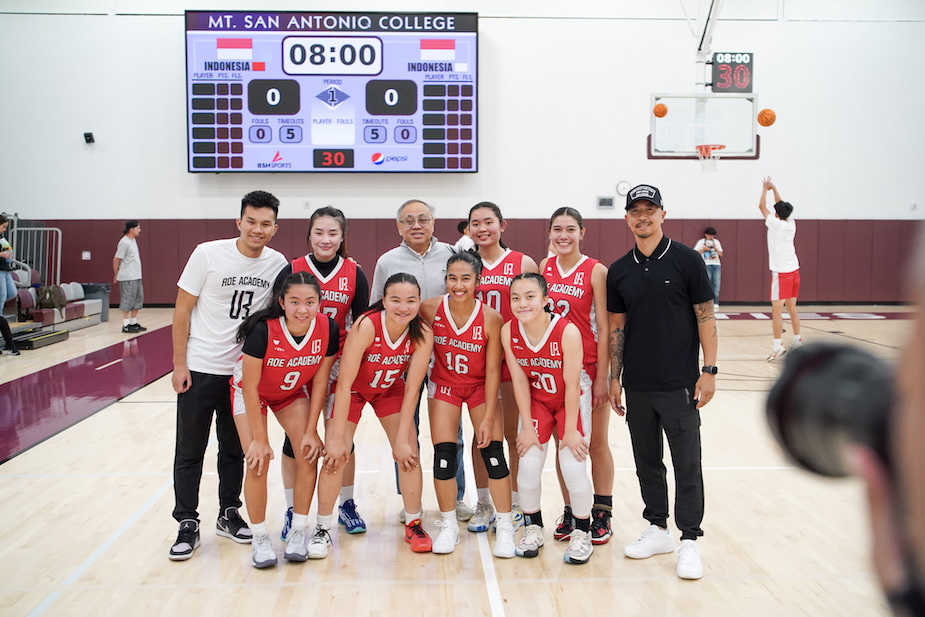
Maxine Sutisna’s position as a representative of her nation in the NCAA Division I has the potential to greatly influence the growth of women’s basketball in Indonesia. She can become the catalyst to push the government and stakeholders to sponsor more female players to train in the USA and open pathways for them to have the same experience she has enjoyed. Through her social media Maxine is open to answering questions and offers support to those who seek to follow in her footsteps. When she came back to Indonesia she also made time to coach and mentor up-and-coming talent.
It takes a village
The Indonesian Heritage Showcase initiated by one of Indonesia’s greatest point guards, Mario Wuysang, in April this year, is a good example on how to promote Indonesian talent to an American audience. This year, women’s talent was showcased for the first time during an exhibition game at Mount San Antonio College, California. This is a positive initiative to elevate women’s basketball. More stakeholders should be involved to support the continuity of this kind of event to ensure it can reach a larger audience and help more female players be scouted by notable coaches.
On an individual level, young female players who dream to play internationally should start mastering English. They should also be active to seek information, ask questions to the basketball community, and find networks that can help them discover their full potential. Another essential factor to grow women’s basketball in Indonesia is social media. Now that the world is talking about women’s basketball during the WNBA season, social media and online platforms should also start talking about Indonesian female players and make them more visible. The more coverage they get, the better their chances of accessing sponsorship and scholarships abroad.
A way forward
For the next four years, Indonesians who can afford to watch basketball games on ESPN, could start watching Maxine’s games during the American college basketball season from November to April. The Indonesian audience could start being ‘noisy’, talk about her performance, share, and open discussions with the basketball community both online and offline. Through online platforms, Indonesians could also help introduce more great female players who play in the Student League (Liga Mahasiswa) to spark the curiosity among women's basketball fans in the United States.
Finally, reinstating a professional women's basketball league in Indonesia is crucial. Some great players may make it to the senior national team, but many more will miss out on the opportunity to play at the professional level. As Maxine becomes a role model for other emerging young players who dream of pursuing international careers, the government of Indonesia should begin to build a women's league to foster a supportive ecosystem for female players.
Lulu Fakhriyah (lulu.fakhriyah@student.unimelb.edu.au) is a Masters student in Applied Linguistics at The University of Melbourne and awardee of LPDP scholarship.

